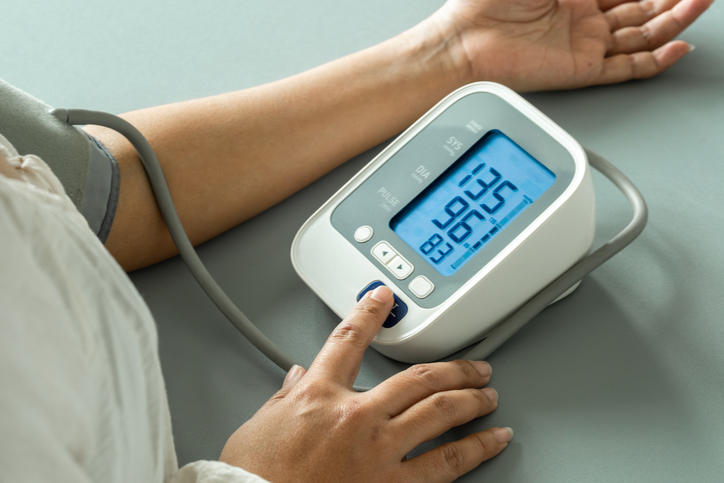
This week’s edition looks at some environmental research suggesting a link between stroke and pollution. Also check out an analysis showing the extent to which hypertension continues to be health burden on the U.S. black community, and as well as some good news about taking anti-hypertensive medications.
Walkability Matters for Cardiovascular Health!
A new study has linked the walkability of neighborhoods with cardiovascular risk. A Canadian research team looked at more than 44,000 individuals, examing the relationship between neighborhood walkability (mesured with factors like popultion density, street connectivity and other factors) and 10-year cardiovascular disease risk. They reported that participants who lived in neighborhoods with better walkability had a reduced risk for cardiovascular disease at ten years. “This research should be an encouragement for those living in less walkable neighborhoods to source physical activities in other ways,” one of the authors commented.
https://www.docwirenews.com/docwire-pick/cardiology-picks/walkability-neighborhood-cardiovascular-disease-risk/
—
Pollution Particulate Linked with Uptick in Stroke
Perhaps surprising nobody, a new analysis has shown a relationship between a certain type of pollution particulate common in traffic exhaust and an increase in incident stroke. A Swedish research team looked at emissions databases and exposure data, and calculated risk estimates in a cohort of almost 145,000 participants. The researchers reported that higher exposures to black carbon particulate were associated with an increase in incident stroke (but perhaps surprisingly, not other kinds of particulate).
https://www.docwirenews.com/docwire-pick/cardiology-picks/black-carbon-particulate-stroke-pollution/
—
Hypertension Looms Large as a Risk Factor in CVD Among U.S. Blacks
A new study shows that over a third of the population-attributable risk for cardiovascular disease (CVD) among U.S. black adults was from hypertension. This was also higher than other racial groups in the analysis. “These findings suggest that a substantial proportion of CVD cases among black individuals are associated with hypertension,” the researchers wrote. “Interventions to maintain normal blood pressure throughout the life course may reduce the incidence of CVD in this population.”
https://www.docwirenews.com/docwire-pick/cardiology-picks/hypertension-population-associated-risk-black-adults/
—
Take An Antihypertensive and Call Me In the Morning…
A new study suggests that taking an anti-hypertensive medication at bedtime better controls blood pressure throughout the night and actually may decrease cardiovascular disease-related mortality or events. The study of more than 19,000 patients with hypertension showed that patients taking an anti-hypertensive medication at bedtime were 45% less likely to die of a cardiovascular causes overall, 56% less likely to die of cardiovascular disease, 61% less likely to die from hemorrhagic stroke, and 46% less likely to die from ischemic stroke (among some other observed benefits).
https://www.docwirenews.com/docwire-pick/cardiology-picks/taking-anti-hypertension-medication-at-bedtime-improves-cvd-outcomes/







 © 2025 Mashup Media, LLC, a Formedics Property. All Rights Reserved.
© 2025 Mashup Media, LLC, a Formedics Property. All Rights Reserved.